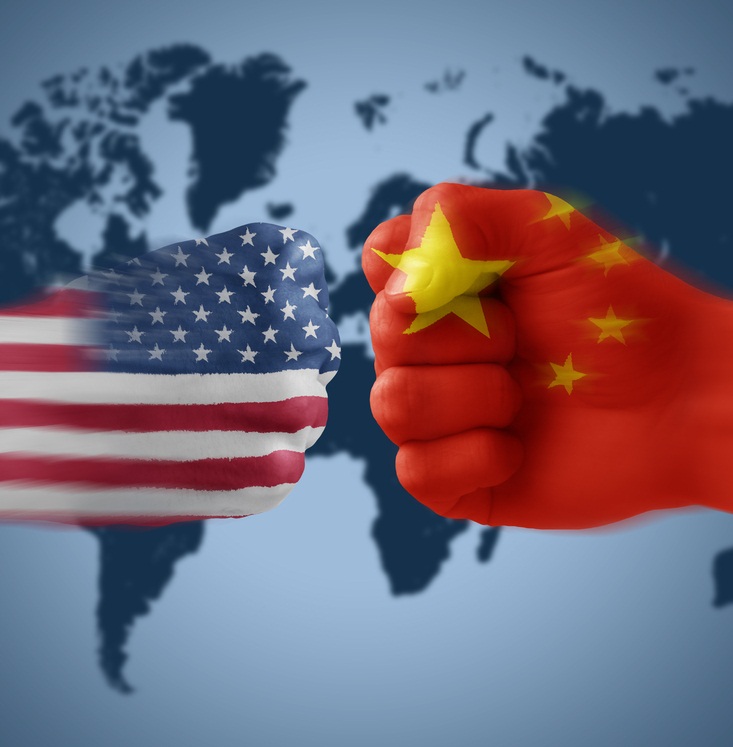

The United States continues to tighten the screw on technology exports to China, with two leading chip makers ordered to halt exports to the Asian nation.
Both Nvidia and AMD said on Wednesday they had been told by the US government to halt exports to China of certain high-performance chips that can be used for artificial intelligence.
Last month new US export controls took effect that industry watchers say form an effective blockade to China’s ambitions to create an independent semiconductor industry.
The US measures placed export restrictions on four technologies, including computer-aided design software used in developing next-generation chips with gate-all-around (GAA) field-effect transistor structures.
The restrictions also affect two substrates, gallium oxide and diamond, that operate at much higher voltages, frequencies and temperatures than conventional chip materials such as silicon, and are used in manufacturing so-called ultra-wide bandgap semiconductors.
The restrictions followed shortly after US president Joe Biden had signed the Chips and Science Act that sets aside nearly $53 billion (£44bn) to boost domestic semiconductor manufacturing.
In July the heads of the FBI and UK’s MI5 for the first time shared a public platform in London, and warned about the ‘immense’ threat posed by Chinese government’s espionage operations.
The warning came during a meeting with business leaders, and the two heads warned that the Chinese government was set on stealing their technology for competitive gain.
Now the US government has begun issuing instructions to individual chip makers.
In a regulatory filing, Nvidia said that it had been told by US officials that the order to halt exports to both Russia and China of AI chips and advanced line of server GPUs.
“On August 26, 2022, the US government, or USG, informed Nvidia Corporation, or the Company, that the USG has imposed a new license requirement, effective immediately, for any future export to China (including Hong Kong) and Russia of the Company’s A100 and forthcoming H100 integrated circuits,” it stated.
The USG indicated that the new license requirement will address the risk that the covered products may be used in, or diverted to, a ‘military end use’ or ‘military end user’ in China and Russia.
AMD meanwhile was quoted by Reuters as confirming that it received a similar notification from the US for its line of GPUs that are suited for performing AI-related computing.
The company said the new license requirements prevent shipment of its MI250 chips to China but it believes its MI100 chips are not affected by the new requirement.
The company said it does not believe the new rules will have a material impact on its business.
Both companies said they do not sell products to customers in Russia, following its invasion of Ukraine.
Several units within Google notified remote workers jobs will be in jeopardy if they don't…
Leading holders of Trump meme coin receive invitation to private gala dinner with US President,…
TSMC unveils new A14 manufacturing technology that stitches together bigger and faster chips to deal…
Meta has expanded access to its AI assistant in more European countries, for users of…
Privacy concerns continue for China's DeepSeek, after South Korean regulator says platform transferred data without…
Mark Zuckerberg firm Meta Platforms makes adverts on Threads app available to all eligible advertisers…